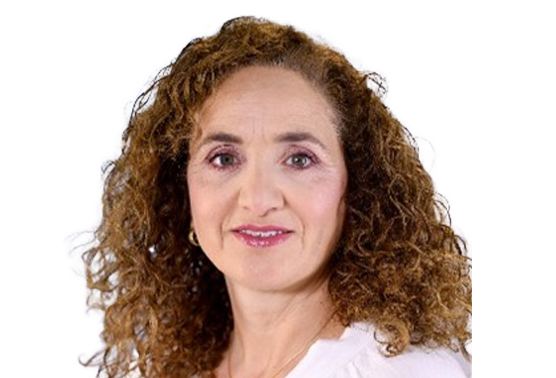Special PublicationSecuring Israel’s Electricity System: Renewable Energy, Decentralization, and Climate Security
Over the past decade, the amount of natural gas in electricity generation in Israel increased significantly, while the use of coal and diesel declined. Alongside the economic and environmental advantages, the use of natural gas raises new issues of electricity security and systemic robustness, because it is supplied through only two pipelines from the offshore reservoirs to the coast, without any storage capacity within Israel. Moreover, gas-based production is concentrated at a small number of production sites, and the transmission of electricity to consumers depends on the reliability of the national transmission system. This dependence on a few sources and on a limited transmission route creates a growing risk to the reliability of supply, particularly in security or climate emergencies.
28 December, 2025
INSS InsightThirty Years of the Peace Agreement with Jordan: Time to Upgrade Water Cooperation
Three decades after the signing of the peace agreement with the Hashemite Kingdom, the water sector continues to stand out as a high-potential lever for strengthening relations between Jerusalem and Amman
31 October, 2024
INSS InsightNavigating Energy and Security Crises: Lessons from California for Israel’s Clean Energy Transition
What can Israel learn from one of the largest American states that suffers from a severe energy and climate crisis?
4 June, 2024
Special PublicationWe Need a New Concept for the Security of Electrical Systems in Israel in Emergencies and Routine Times
Amid concerns over the escalation of fighting in northern Israel, what are the threats to Israel’s electricity and energy infrastructures—and how should we act to strengthen the sustainability of the Israeli electricity system?
4 June, 2024
INSS InsightFood Security: A Challenge in Times of Routine and Emergency
The war in Gaza has sharpened the understanding in Israel that national resilience depends, inter alia, on the ability to produce and provide food in routine times and in states of emergency. A primary challenge apparent in the food production and distribution system in Israel as a result of the war is the severe shortage of human resources along the supply chain, particularly in agriculture. The dependence of the Israeli food system on imports might undermine its stability in the face of two principal challenges: climate changes, which may reduce the volume of grain produced in countries exporting to Israel; and geopolitical risks, which may harm import routes. Therefore, any national food security strategy should consider all goals of the local food system, from reducing carbon emissions to ensuring the entire population’s access to healthy, nutritious food, while balancing the various risks and the ways that local production and imports can address them.
11 January, 2024
Special PublicationClimate Finance: Is Israel Missing Out Again?
In contrast to most OECD countries, Israel is not doing enough to enable the flow of money from the government and the private sector to meet the targets defined in the Paris Agreement for tackling the climate crisis. How should Israel act in order not to lag behind others in this regard?
2 January, 2024 


